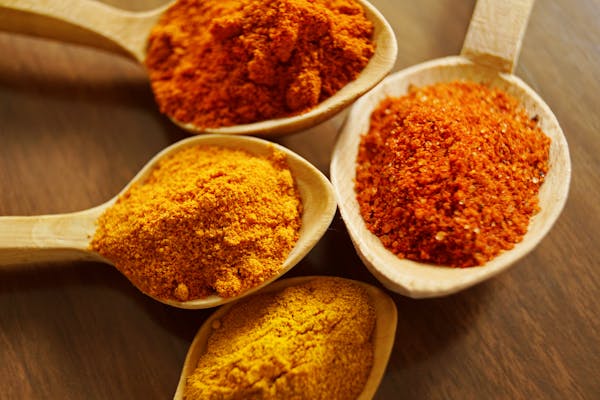Brassica juncea, mustard greens is a leafy green vegetable that offers various nutritional and potential medicinal benefits
Brassica juncea, commonly known as mustard greens is a leafy green vegetable that offers various nutritional and potential medicinal benefits:
Nutritional Values:
Vitamins: Mustard greens are rich in vitamins, particularly vitamin K, vitamin A, and vitamin C. They also contain various B vitamins, including folate and riboflavin.
Minerals: They are a good source of minerals such as calcium, potassium, and manganese.
Antioxidants: Mustard greens contain compounds like beta-carotene and flavonoids, which have antioxidant properties that may help protect cells from damage.
Fiber: They are high in dietary fiber, which can aid digestion and help regulate blood sugar levels.
Phytonutrients: These greens contain phytonutrients like glucosinolates, which have potential health benefits.
Medicinal Properties:
Anti-Inflammatory: Some compounds in mustard greens may possess anti-inflammatory properties, potentially helpful for conditions like arthritis and inflammatory diseases.
Antioxidant: Antioxidants in mustard greens can help neutralize harmful free radicals in the body, potentially reducing the risk of chronic diseases.
Cancer Prevention: The glucosinolates in Brassica juncea are thought to have cancer-fighting properties and may help reduce the risk of certain types of cancer.
Heart Health: The fiber, potassium, and antioxidants in mustard greens may support heart health by helping to lower blood pressure and reduce cholesterol levels.
Digestive Health: The fiber content in these greens can aid digestion and prevent constipation.
It's essential to note that the nutritional and medicinal values of Brassica juncea may vary depending on factors such as cooking methods and serving size. Incorporating mustard greens into a balanced diet can provide a wide range of health benefits.
Reference
Bhutan Flora





















No comments:
Post a Comment